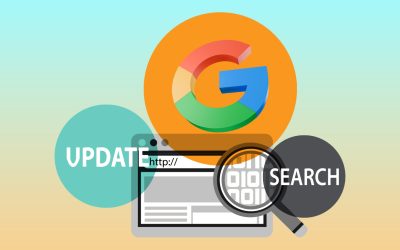Healthcare SEO companies have already prepared for April 2, 2019. That is the end of Google+, when your account on the social network will also be shut down.
We believe that by now healthcare practices would have migrated all their Google+ content to other social networks. The network itself flashes a warning to start backing up data from your account before March 31.
Keeping Google+ Posts from Disappearing
Meanwhile, public posts would be kept from totally vanishing as a result of the efforts of the Internet Archive that is working to back up these posts along with the Archive Team. These efforts are reportedly the result of the Google+ Archive Project involving volunteers as well as technology such as the Wayback Machine. Posts on private accounts won’t be archived, neither would content already deleted. Videos or images in the posts won’t get archived at full resolution. Not all comments to the posts will be archived as well. If you don’t wish some of your data to be archived, you can delete your account. You can also request the removal of a particular page at the Internet Archive.
Google+ and SEO
Looking back, how important was Google+ to SEO? Search Engine Journal’s Kristine Schachinger argues that it really wasn’t meant to be a social network in the strictest sense of the term. Back in 2011 Eric Schmidt called it an “identity service” rather than a social network. The concept of identity service came up as a result of the need of corporate entities and institutions wanting to identify the individual logging in as a real, verified person and not as some hidden entity. They also wanted to have an “online ecosystem” where passwords could be replaced. It was when this desire was at its highest that Google+ came into the scene. Organizations wanted to know the people they digitally interacted with.
That’s where it contributed to online outreach for hospitals and institutions. So where did SEO fit into all this? Well, it was a great way for instant indexing of news articles. There was another benefit too, and a unique one at that – the +1 button. The +1 button had the same concept as a Facebook or a Twitter “like.” But it added a great deal more authority to a post. It was more like a Twitter retweet than just a like. The more the +1s received for a Google+ post, the greater the sense that the post is valuable. Google+ has denied that +1s were ever a ranking factor though that was the common perception, considering the social network belongs to the world’s most popular search engine. However, the more the +1s you received, your Google profile would reveal them. And that would give your institution profile more credibility.
Low Engagement Levels
But there weren’t many users for Google+, when compared to Facebook. As news of Google Plus’ closure first hit the public, it was estimated to potentially affect 100 million of its active users. By contrast, Facebook boasts around 2.2 billion active users each month. And even those 100 million Google+ users had pretty low levels of engagement in the network. 90% of those users didn’t even spend 5 seconds in each session.
Users just didn’t get comfortable with the interface and unique features of Google+. On paper, features such as Circles and Hangouts were cool, but they didn’t make users spend more time on the network. Though businesses kept their Google+ accounts active with posts, the social network’s appeal and importance has declined. Facebook, Twitter, YouTube, Pinterest, Instagram and the other networks are considered more important and worthwhile to put in all the effort. That means the shutdown of Google+ wouldn’t really have much of an impact.
Security Issues Rang the Death Knell
What really put the final nail in the coffin were the two major security issues that enabled the personal data of users to be seen by developers. For healthcare institutions, that comes dangerously close to HIPAA violations. With the number of users and the engagement levels low, Google has considered it better to close down the network rather than making the required changes for improving its privacy protection and security features. That, in a way, takes it back to its original “identity service” intentions.
So it’s time to bid adieu to Google+. With efficient health content marketing services, your practice can embrace new SEO opportunities out there.




